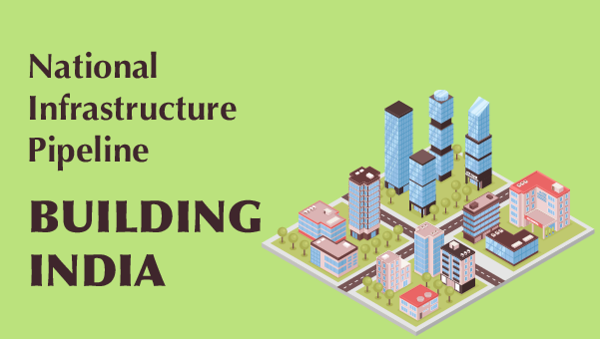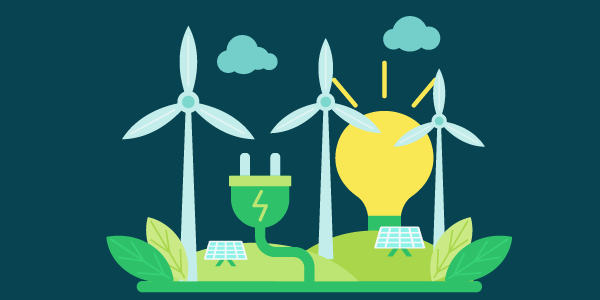National Infrastructure Pipeline- Building India
India's National Infrastructure Pipeline invests $1.4 trillion in roads, railways, and irrigation, inviting private collaborations for growth, particularly in renewables, digital infrastructure, airports, and roads
WHY NIP
- India is transitioning from an agrarian economy to a service sector economy giving a boost to urbanization and hence creating a need for a robust infrastructure.1
- India needs to spend about US$ 1.4 Tn on Infrastructure to reach the target GDP of US$ 5 Tn by 2024-25.2
- The National Infrastructure Pipeline (NIP) unveils the infrastructure projects across various states which will receive the expected funding of US$ 1.4 Tn over the next 5 years.3

STATUS OF PROJECTS IN THE PIPELINE
- To build domestic capacity and enhance execution by private sector participants, NIP promotes collaborations and joint ventures with strong global infrastructure developers.1
- Infrastructure projects under NIP will receive an equal share of contribution in terms of capital expenditure from the Centre and States of 39% each while Private Sector share being 22%.2
- The total outlay of the NIP consists of projects in various stages; the conceptualization stage amounting to US$ 44.8 bn, the implementation stage worth US$ 58.6 bn and the development phase worth US$ 36.5 bn.3

SECTORAL DISTRIBUTION
- Roads, Urban and Housing, Railways, Power (Conventional and Unconventional) and Irrigation will receive the most from NIP amounting to almost 80% of the funds.1
- NIP Summary of top 5 focus sectors:2
- Roads
- Target Total length of NH: 1.99 lakh km
- Increased involvement of private developers: 39% of implementation by the private sector
- The total investment of US$ 26.9 Bn
- Urban and Housing
- Metro rail transit system in more than 25 cities
- Higher EV penetration
- The total investment of US$ 22.37 bn
- Railways
- Privatization of 500 passenger trains and 225 stations
- Freight Corridors to be fully operational
- The total investment of US$ 18.8 bn
- Energy
- Renewable energy’s share of consumption to be increased from 9% to 19%
- Major projects include the Dibang Hydel Power Project and HVDC Bipole Link Project (transmission)
- Irrigation
- Irrigation Coverage to be increased from 68 million hectares to 85 million hectares
- The total investment of US$ 10.5 bn
- Ken-Betwa, Godavari-Cauvery river linking and Clean Ganga among Major Projects

OPPORTUNITY FOR PRIVATE DEVELOPERS
- Private sector to be the sole player in the implementation of NIP projects in the renewable energy sector.1
- NIP will also create immense opportunities for private developers in sectors like Digital Infrastructure (71% Implementation by Private Sector), Airports (39% Implementation by Private Sector), and Roads (39% Implementation by Private Sector).2
